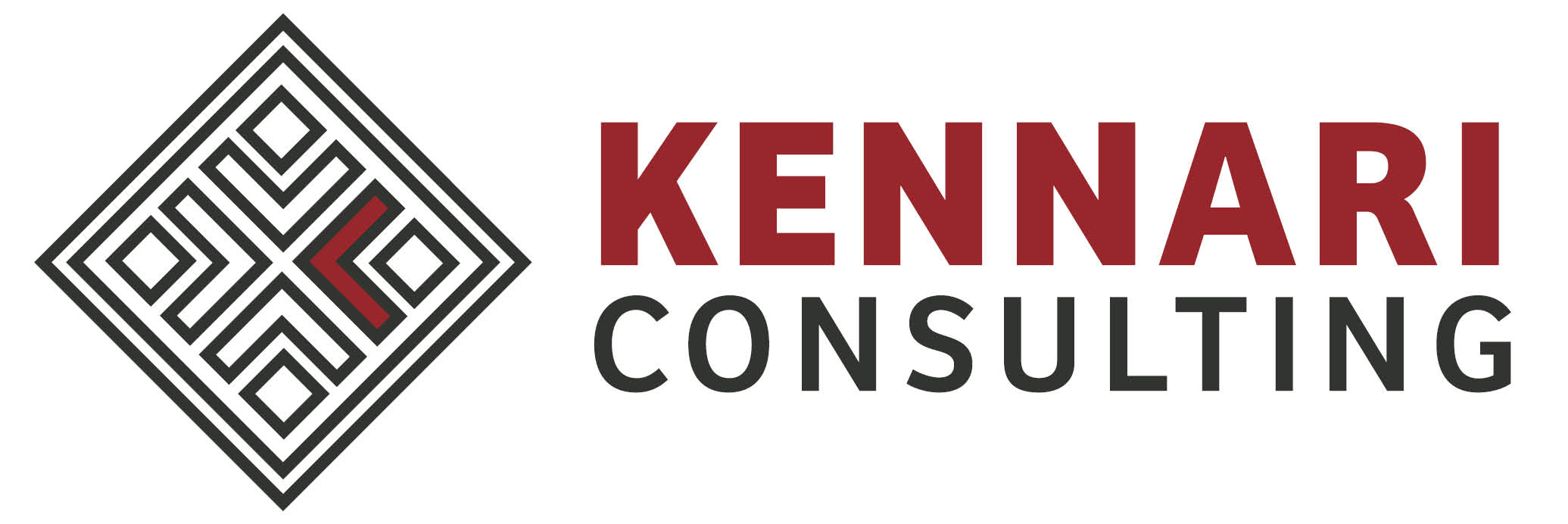If you are in the midst of defining and discussing a new campaign, feasibility studies can help identify the factors that can lead to its success.
A feasibility study is an assessment that determines the level of potential support for your campaign and/or project. Essentially, feasibility studies ensure the plan is… feasible!
With a feasibility study, the outline of the project, including a case for support, is sent to a list of key donors and other stakeholders who then determine their potential level of support. This can be financial, with their endorsement, their time, or otherwise. Feasibility studies are an important piece of considering a project or campaign’s finances, potential volunteers — as well as a general opportunity to gather critical feedback on your plan. Before launching your campaign, it’s critical to use this feedback and allow for any necessary revisions of the plan.
Here are some key benefits of conducting a feasibility study:
- Aids decision-making on the project
- Improves project and project teams’ focus
- Identifies new opportunities and areas of concern
- Narrows alternative options for campaign/project, if needed
- Identifies evidence of why and how a project should be executed
- Enhances the success rate by evaluating multiple parameters
When making your program make sense, take time to gather data to understand the community need and how your plan can meet these needs. Throughout the process of defining your program, the case for support is a primary tool for testing the feasibility of your plan.
If you are defining and discussing your program, feasibility studies will help identify important factors that will lead to success. Don’t know how to get started? Ask us!
This content was originally presented in a Kennari Roundtable (monthly educational programs for Kennari clients) by Amber Erickson, Director and Sarah Mitchell, Strategist with Kennari Consulting
